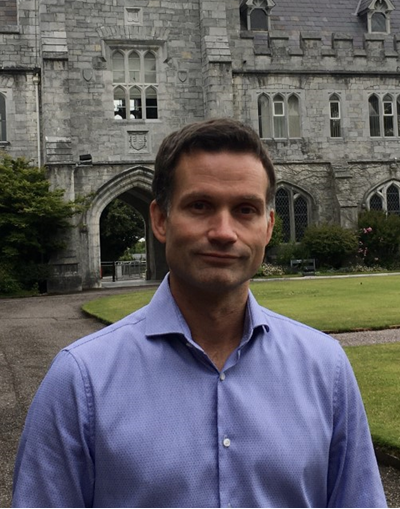The gut mycobiome in Inflammatory Bowel Disease
Continuation of the project initiated by Chloe Huseyin, ECCO Grant Awardee

Marcus Claesson
© Marcus Claesson
|
Background & aim of research
The conducted research had two aims:
Aim 1: To characterise the inter-/intra-individual composition of the mycobiome of patients with IBD and healthy controls utilising a variety of sample types and methodological techniques.
Aim 2: To provide a large dataset of fungal internal transcribed spacer (ITS) rRNA sequencing data to complement the bacterial 16S rRNA analysis underway in-house.